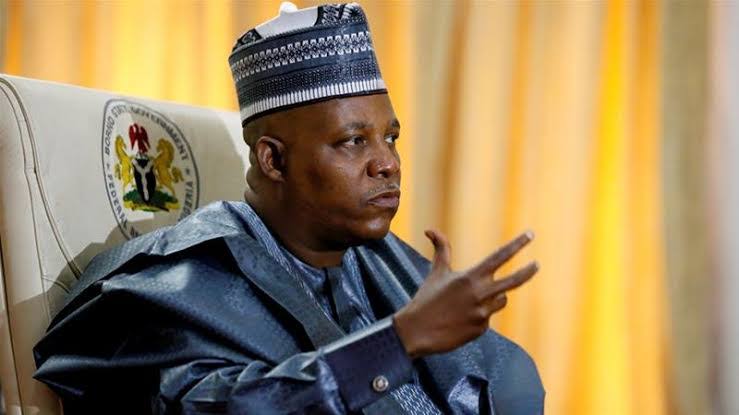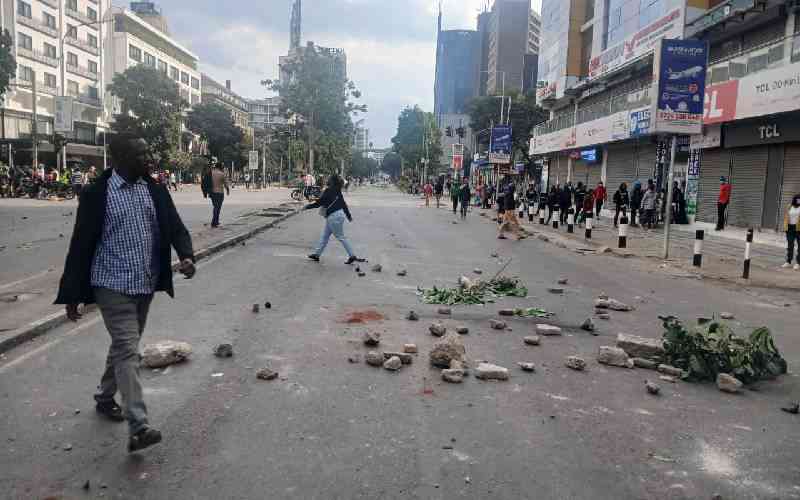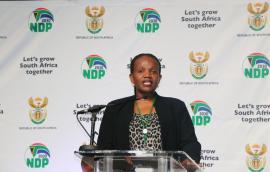Minister Malatsi sets bold digital agenda at G20 Working Group meeting
“South Africa’s Minister of Communications and Digital Technologies, Minister Solly Malatsi, officially opened the 3rd Meeting of the G20 Digital Economy Working Group today. His speech centered on the urgent need for an inclusive and sustainable digital economy—one that reflects the lived realities of the developing world.
The Minister outlined four strategic focus areas under South Africa’s G20 Digital Economy Presidency: connectivity, digital public infrastructure (DPI), innovation ecosystems for MSMEs, and ethical artificial intelligence.
The Minister emphasised the need to move beyond infrastructure-focused solutions and consider the full ecosystem of digital access. From handset affordability to digital literacy and income levels, these factors, he argued, must be part of any strategy to close the digital divide—especially in rural areas. South Africa is partnering with the ITU, the Development Bank of Southern Africa, and Research ICT Africa to create a comprehensive framework for identifying and tackling these barriers.
“While the conversation about access is so often dominated by infrastructure—which is, of course, important—we must understand the full ecosystem of digital inclusion. Handset costs, income levels, the affordability of data, the relevance of digital services to daily life, and digital literacy all shape the ability of people to participate in the digital economy. Especially for those living in rural areas. We cannot address what we do not measure.That is why we are investing in better statistical data to help G20 members develop context-sensitive strategies. Strategies that don’t only focus on supply-side infrastructure—but which also prioritize the demand-side factors that determine who can truly participate in the digital future.”
-Solly Malatsi, Minister of Communications and Digital Technologies, South Africa
Minister Malatsi introduced a proposed Public Value Measurement Framework to help countries design DPI systems that are technically sound and socially impactful. He highlighted the launch of South Africa’s Digital Transformation Roadmap for Government as a tangible step in applying lessons from the G20 forum.
“This is complemented by our work on Integrated Governance Guidelines for DPI, following on from previous G20 presidencies. Through our partnerships with the AU, ITU, UNDP, and academic institutions like University College London (UCL) and Research ICT Africa, we are fostering a coherent approach to DPI that is scalable, sustainable, and inclusive. We are also excited by the early responses to the G20 DPI Call for Innovations—including innovations emerging from the African continent that hold global relevance. In South Africa, we are not only talking about DPI, but taking action.”
-Solly Malatsi, Minister of Communications and Digital Technologies, South Africa
:
The Minister spotlighted a local success story—NOVAR, a free e-learning platform built by two entrepreneurs from Gumbani Village with no formal training. He used this example to highlight the need for a nurturing ecosystem for MSMEs, supported by financing, policy, and connectivity. South Africa is collaborating with entities like CSIR, DSTI, ITU, and Digitech to shape policy and support systems that enable small businesses to grow, connect, and scale
:
The Minister acknowledged AI’s transformative power but also warned against its potential to reinforce inequality. South Africa is working with UNESCO on a toolkit to tackle AI bias and pushing for AI systems that reflect African languages and realities. He also highlighted rising concerns about generative AI and deepfakes, emphasising the need for integrity in digital spaces. He announced the establishment of a Task Force on AI, Data Governance, and Innovation for Sustainable Development, which will lead to the AI for Africa Conference in September.
As preparations begin for the G20 Digital Economy Ministerial in September, Malatsi urged G20 members to remain grounded in the real-world impact of their decisions.
“Let us not situate our work solely in the language of policies and frameworks, but in the lived experiences of millions who remain excluded from digital opportunity. Let us continue to work with Solidarity, pursue Equality, and design for Sustainability,” he concluded.”
This piece was originally published by TechAfrica News on 9 June 2025.









